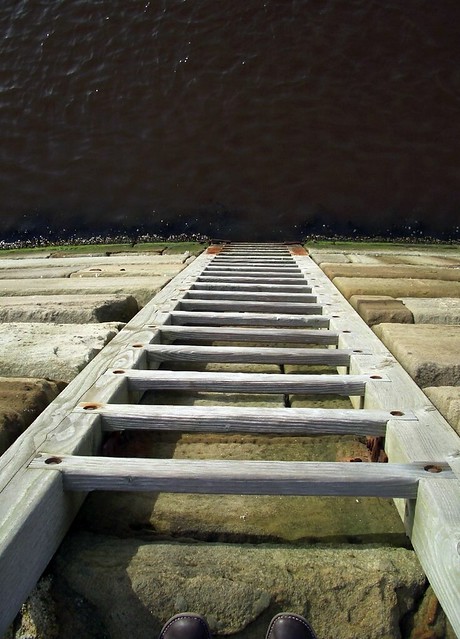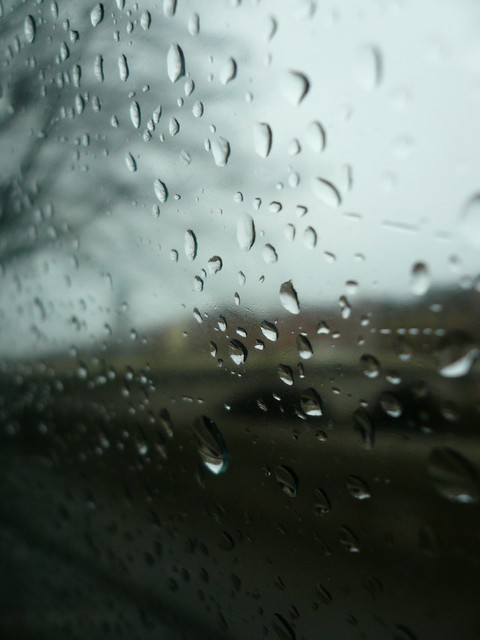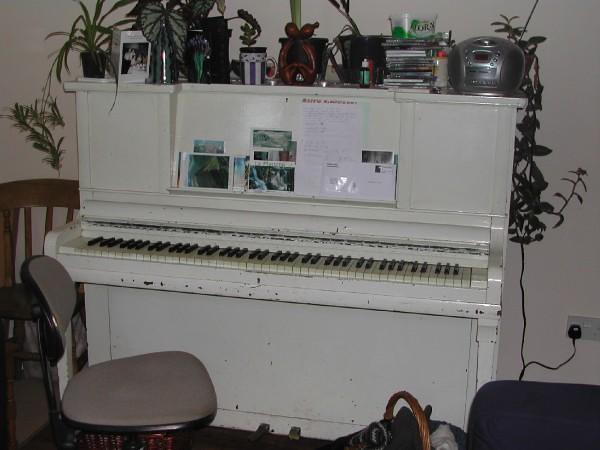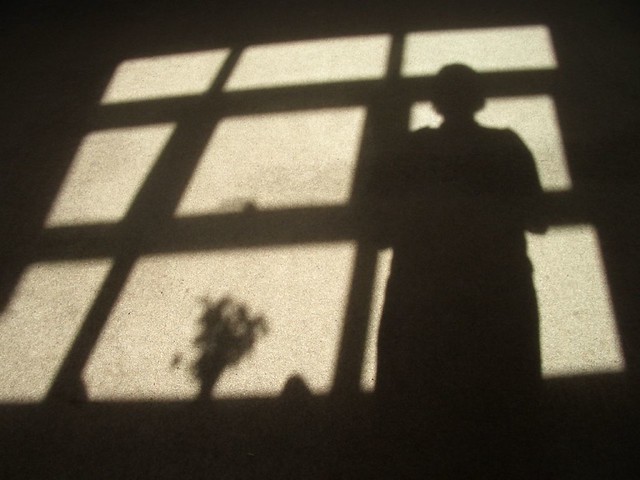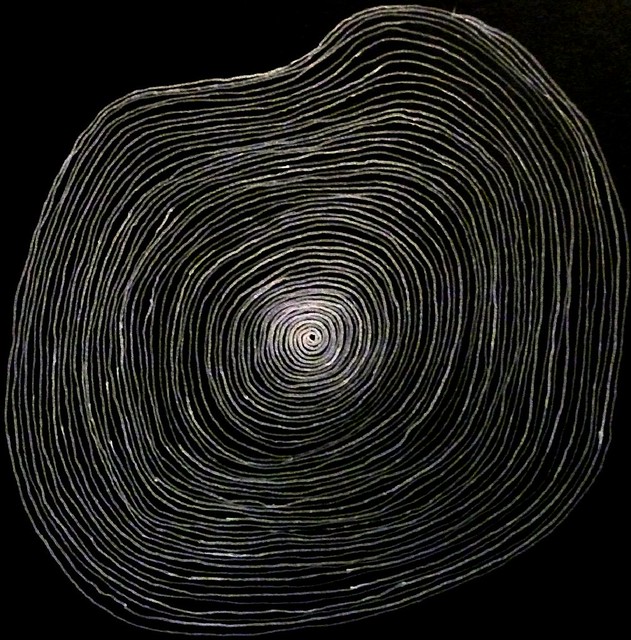In my last blogpost I spilled my guts about things from my past that may have contributed to my descent into depression and suicidal thoughts. I also promised to share the legacy of those experiences - So in this blogpost I'm going to try and explain how my childhood experiences continue to reverberate through the years with some lightly sketched vignettes taken from my life:
- It's September 2002. I'm standing bolt upright on a paddle board which is floating on the still waters of a small breeze-less bay in Skyros. I am desperately trying with every fibre of my being to either return to a sitting position or jump into the water but I can't bring myself to do either and I am rooted to the spot. I don't feel scared, I just feel ridiculous and aware that Mark (my then boyfriend, now husband) is getting increasingly angry with me. He's not angry because I can't jump, he's angry because my board is slowly drifting out to sea and out of his reach. I am frozen to the spot but his protective anger and worry finally gets through to me - I hesitantly make it down onto my knees, then into a seated position and we paddle back in near silence. Strangely, a friend who is watching from the shore, later tells me that to her I looked like a statue of the goddess Athena - gracefully floating towards the horizon with an air of aloof confidence.
- A few years later I find myself standing in the reception area of a residential training college. It is late o'clock and I've left the bar so that a colleague can teach me to juggle, which I have always wanted to do but somehow never managed to. He hands me three juggling balls but, despite his gentle coaching and cajoling, I cannot bring myself to release any of them into the air. My colleague takes away one ball but still my hands and arms remain frozen and neither of the remaining balls makes it into the air. We are both laughing and I am convinced that any second I will release my grip on one of the balls. My colleague chuckles and, with a well-natured but despairing shake of his head, takes back a second ball. I am now standing with a single juggling ball in one hand and my other hand is empty, ready to try and catch it. Except I never manage to release that final ball into the air despite several minutes of my brain imploring my hand to 'just throw the jeffing ball already'. Our drunken laughter escalates into bewildered giggling at the absurdness of the situation we find ourselves in and I gradually deteriorate into teary hysterical laughter. My colleague accepts that his juggling coaching skills have met their match and we head back to the bar.
The scenes I've described above were not just real-life experiences - they also metaphorically represent a deep level of stuckness in my life ... I have a pervasively liminal feeling, like I am always on the edge, on the cusp, on the verge along with a sense that there is an invisible force holding me back from making progress on hopes and dreams that I rarely dare to consciously articulate. Earlier this year I was watching a PBS documentary called 'Forgiveness: A Time to Love and a Time to Hate' and one of the stories hit me like a thunderbolt. I was listening to Terri Jentz talk about her horrific experience of being attacked while camping with her college roommate and as she described the impact the single brutal trauma had on her life many years later:
"I had a feeling of stuckness, of paralysis, a loss of concentration, a seizure of my ordinarily unflappable will. Something was different. And with each passing year it got worse. [...] I began to fear everything. My body was afraid of being crushed by a vehicle. I had apocalyptic fears. I felt like I had to split into a kind of wildly overreacting, intensely emotive, even manic, self. And then I would just switch. like that, into a completely numbed out, deadened version of myself that was just kind of asleep, narcoleptic. Some invisible, hampering paralysis had set in. It was as though my ability to take my destiny in hand had been wrested away from me. [...] I wasn't aware of the anger I was carrying [...]. I had to confront the trauma in order to be free."The whole documentary is worth watching but the section featuring Terri Jentz and her roommate can be viewed below:
Watch Language of Anger on PBS. See more from Forgiveness: A Time to Love and a Time to Hate.
